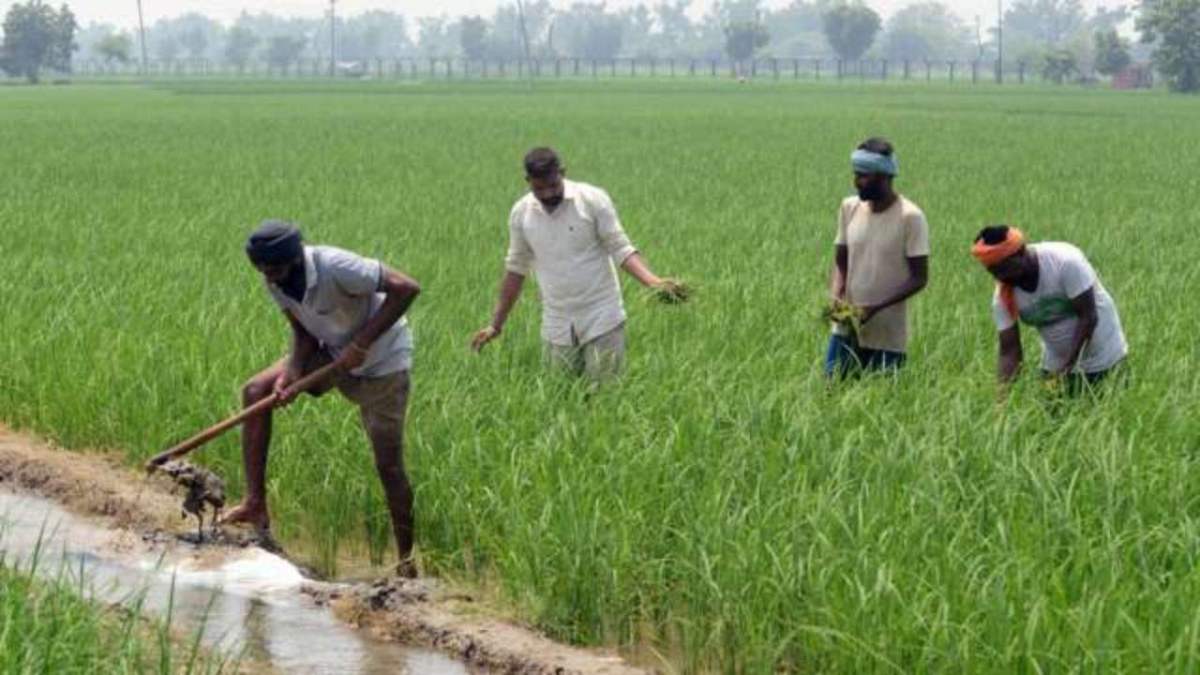


At the outset it must be said that the three farm bills passed by the Rajya Sabha this week mark a watershed moment for agriculture in India. For these have the potential to reform the system by putting money in the hands of farmers— especially the small and marginal farmers who comprise 86% of the farming community. It is only rarely that such a push is given to break status quo especially in the economic sector. The intention is clear: to loosen the grip that the rich and powerful have on agriculture—the big farmers and the middlemen or commission agents, known as arahtiyas in certain parts— and to empower the poor farmers. A blow has been inflicted on the Agricultural Produce Market Committee (APMC) or mandi system of procurement, which was manipulated by the middlemen in a way that farmers were forced to settle for low rates since they did not have any option but to sell through them. Hence, while middlemen went from riches to riches, small and marginal farmers were pushed to a hand to mouth existence.
The system is such that farmers do not get a fair price for their produce even though consumers pay many times more for the same produce. By breaking the monopoly certain people have over the system, by opening up the market, by giving farmers the option to go outside the mandi system and sell directly to customers and markets of their choice and by allowing them to go outside their respective states, a whole new vista of possibilities has opened up. This should go a long way in empowering the farming community and should give rise to prospects of doing business in new ways in this digital age. In the “free market”, farmers do not have to pay the taxes that they have been paying the APMCs all these decades, ranging from 1% to 8%. Farmers now have the freedom to sell to whoever they want to at prices they want to; they have the freedom to enter into contracts with private players of their choice. This automatically makes the system more competitive and quality driven. If there are protests in certain states, it is because the APMCs are deeply entrenched there and many political players have vested interests in the system. Maharashtra has over 300 APMCs that have an annual turnover of Rs 50,000 crore. Punjab has over 25,000 arhatiyas and the state government makes around Rs 3,500- 3,600 crore annually from these APMCs. It is this revenue that will be impacted as the APMCs get a body blow. But then what sort of a system is it if it cannot help those who should be the beneficiaries, the farmers in this case? Hence, it is difficult to understand why supposedly pro-poor parties such as the Trinamool Congress and Communist Party of India (Marxist), otherwise arch-rivals, will make common cause with rich farmers and middlemen.
Opposition should be constructive, not opposition for the sake of opposition. And lest the Opposition parties forget, they too are answerable to their voters, many of whom are farmers. It is here that the possibility of misinformation and disinformation cannot be discounted and the government needs to get its communication right to avoid an anti-CAA protests-like situation. Perhaps keeping this in mind that the government, on Monday, quickly announced MSPs for the coming Rabi crops. It’s a different matter though that in an open market, the system of government fixing a minimum support price for buying crops is at best a socialist relic and should have been discarded. But in a country like India, discarding MSPs can be a political hot potato, so it appears that this practice is here to stay. As for the disgraceful scenes witnessed in the Rajya Sabha—“House of Elders”—over the passage of the farm bills, our Parliamentarians need to be reminded that the whole country is watching them and such behaviour is best avoided. It is not every day that reforms happen and cobwebs of the past are cleaned. It is but natural for parties to seek political relevance, but this should not be done at the cost of farmers.